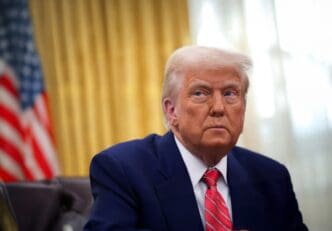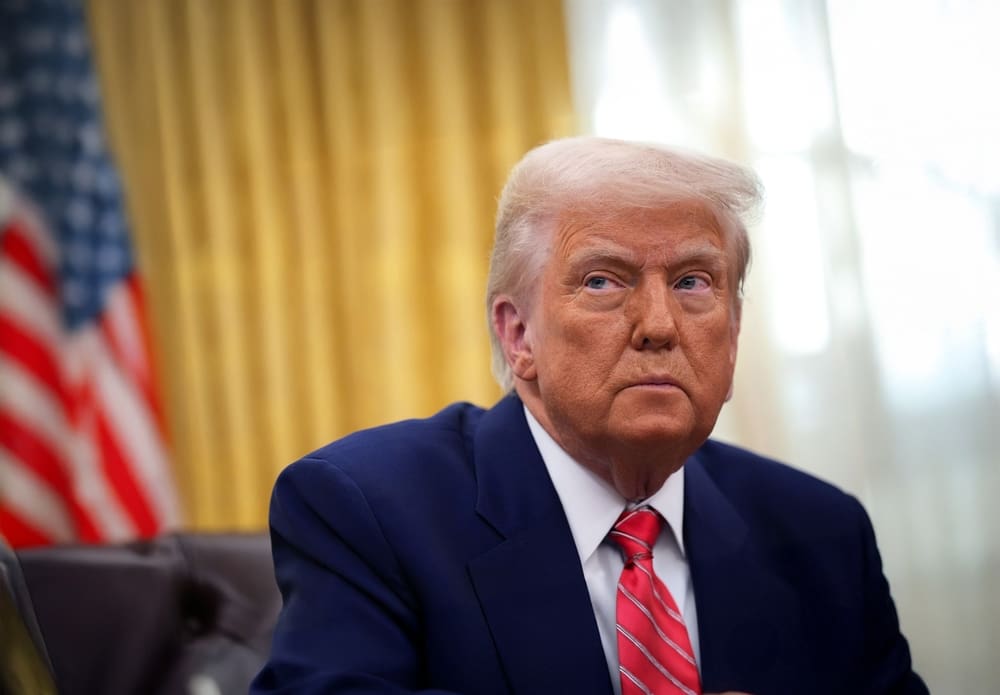Executive Summary
The Story So Far
Why This Matters
Who Thinks What?
Republican lawmakers are expressing significant concern regarding the state of the U.S. economy and the labor market following recent reports from the Labor Department and the Bureau of Labor Statistics (BLS). This comes after data revealed the nation created nearly one million fewer jobs from March 2024 to March 2025 than previously reported, with the unemployment rate ticking up to 4.3 percent.
Economic Data Raises Concerns
The updated figures, released on Tuesday, indicated a substantial downward revision in job creation over a 12-month period. Following this, the monthly jobs report on Friday showed the economy added only 22,000 jobs, contributing to a rise in the unemployment rate, though it remains relatively low historically.
Many Republicans attribute the weaker-than-expected jobs performance primarily to President Trump’s global trade policies. They argue that tariffs have led to increased prices for consumers, dampened demand, and created uncertainty for businesses and investors.
Impact of Trade Policies
Despite major stock market indices reaching record highs, Republicans on Capitol Hill voice apprehension that these gains do not accurately reflect the economic realities faced by many Americans. They are particularly concerned that the economic outlook could deteriorate further in the six months leading up to the midterm elections.
Representative Don Bacon (R-Neb.) articulated these concerns, stating, “My take is that we’re in a rough spot. The jobs numbers are low.” He specifically highlighted challenges in industrial jobs and the agricultural sector, noting, “If you look at industrial jobs, if you look at the farm economy right now — the farm economy is looking pretty bleak.”
Bacon also questioned the efficacy of current trade measures, adding, “I don’t see where tariffs have helped us yet; I don’t see a lot of corn and soybeans being bought.” This sentiment underscores a growing unease among some Republicans regarding the broader economic impact of protectionist trade policies.
In summary, recent job data has intensified concerns among Republican lawmakers about the U.S. economy, with many pointing to President Trump’s trade war and tariffs as a significant contributing factor to a struggling labor market and broader economic uncertainty.








